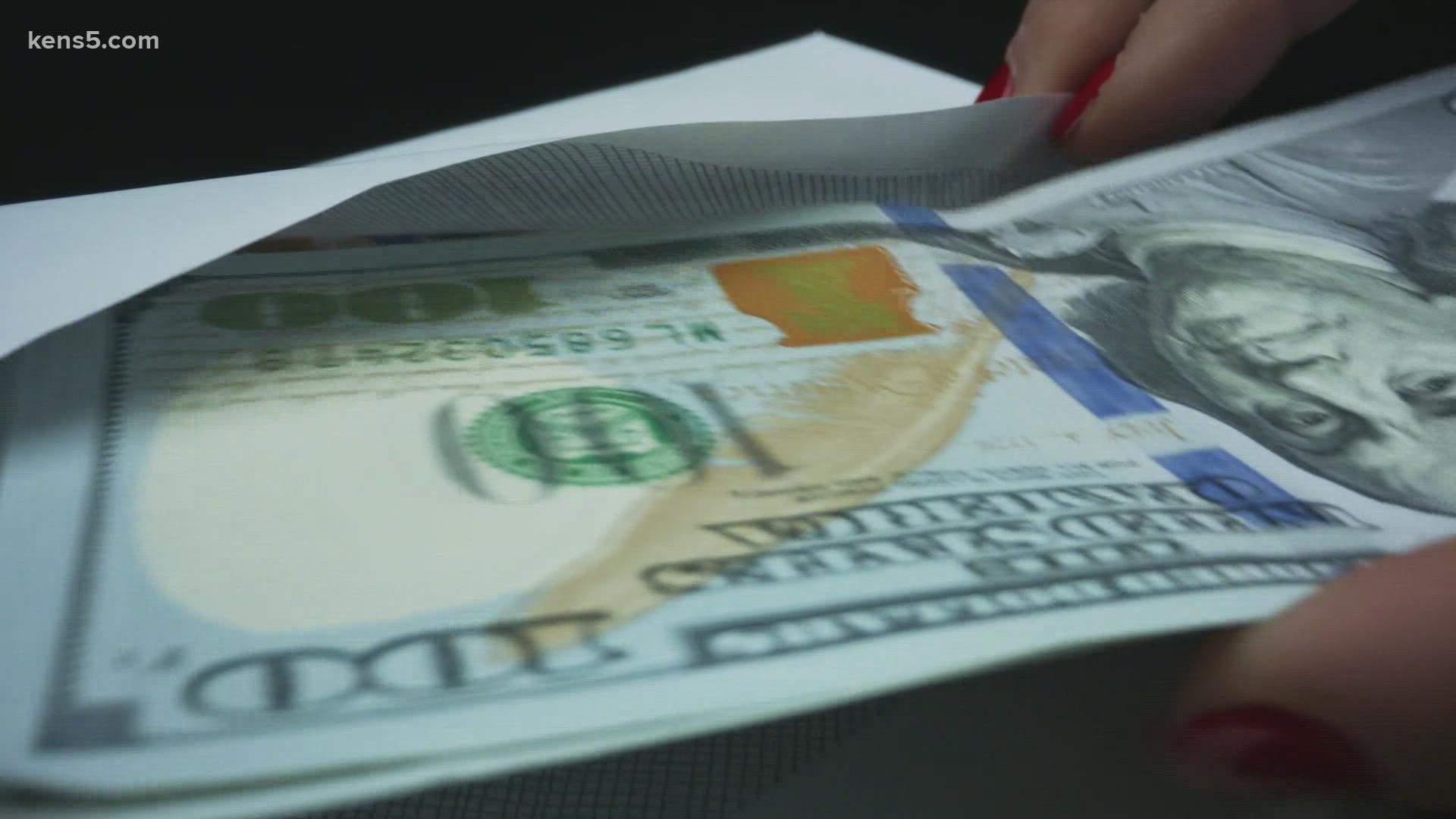SAN ANTONIO — It happens at the worst time: A medical emergency, a car breakdown, a job loss. These unplanned disasters can bust even the best budget. That is why an emergency fund is necessary.
“In general, it’s best to try to avoid taking on more debt, especially when you’re talking about things like credit card debt,” said Ken Tumin of DepositAccounts.com.
“That’s what an emergency fund is for. You to have that savings buffer. So when that unexpected expense comes back, you can draw on our savings rather than going further into debt.”
Financial experts recommend you start by saving $1,000 for emergencies. Once you hit that goal, build up three to nine months worth of expenses. Ideally, set aside 20 percent of your income for savings. Yet, finding that much money can be tricky. Forget the total amount. Instead, start by creating a savings habit.
“Even if it’s as small as $5 a week right now while you’re getting back on track, having in your mind, that idea that something could go wrong and you want to be ready for it and you don’t want to be scrambling last minute,” said Lisa Rowan of Forbes Advisor.
“If you can save anything, that’s better than nothing,” said Lauren Perez of LendingTree.com.
Automate your savings so each time you get paid, it goes directly into a separate savings account.
“Out of sight, out of mind, right?” said Rowan.” Instead of having it in your checking account and you’re like, wow, what fun can I have this weekend? No. Think about putting aside it into savings first.”
“The big benefit of that is the set it and forget it mentality and you don’t have to think about it,” Perez said.
Look for a no-fee, high-yield savings account. Many online banks offer higher interest rates than brick and mortar banks. More interest means more money.
“It grows and grows and grows really without you doing anything,” said Perez. "You really don't have to do anything with it. You just watch your money grow a lot faster."
“Anything that says automatic transfers, recurring savings, recurring transfers, set those up to benefit you and know that if you do need to dip into those funds, they’re right there,” said Rowan. “They’re accessible. It’s not going to be expensive to get your money back.”
Or try this trick if it is a struggle to find any extra money:
“What I’ve done a few times, actually, is every time I get a $5 bill, put it in an envelope and I set it away and I don’t touch it,” Perez said. “That way I’m not spending that $5. It doesn’t seem like that much, but after I think like a year, I had, you know, a couple of hundred dollars.”
Even if you are paying down debt, it is still important to create an emergency fund.
“If you’re already in debt and then things happen that require you to get into more debt,” Rowan. “Think about how much easier that might be able to be to handle those further emergencies if you have a little bit of cash as a cushion.”
This stash of cash is your safety net that can keep emergencies from becoming a financial crisis.
If you have a question for Eyewitness Wants To Know, email us at EWTK@KENS5.com or call us at 210-377-8647.

